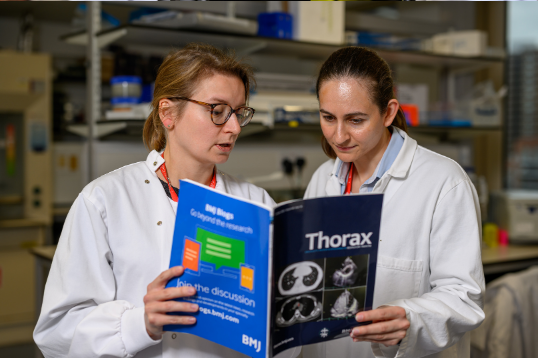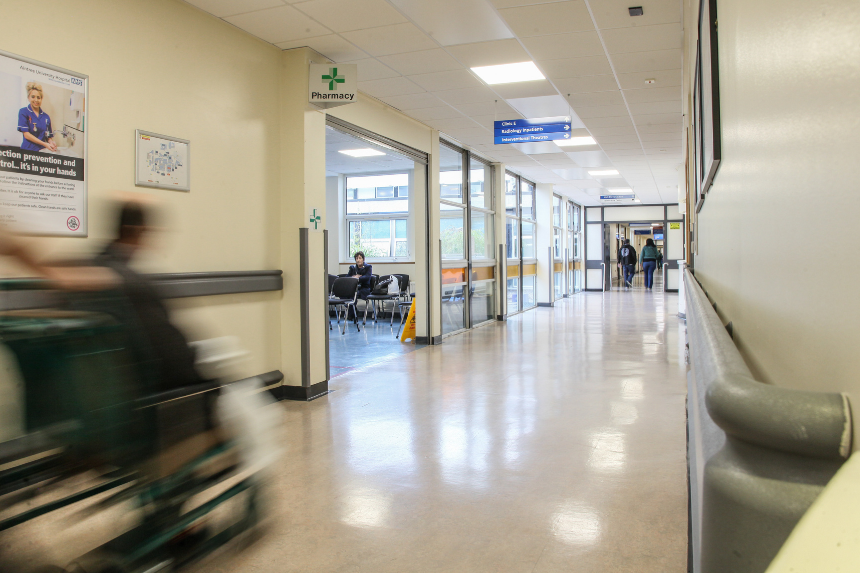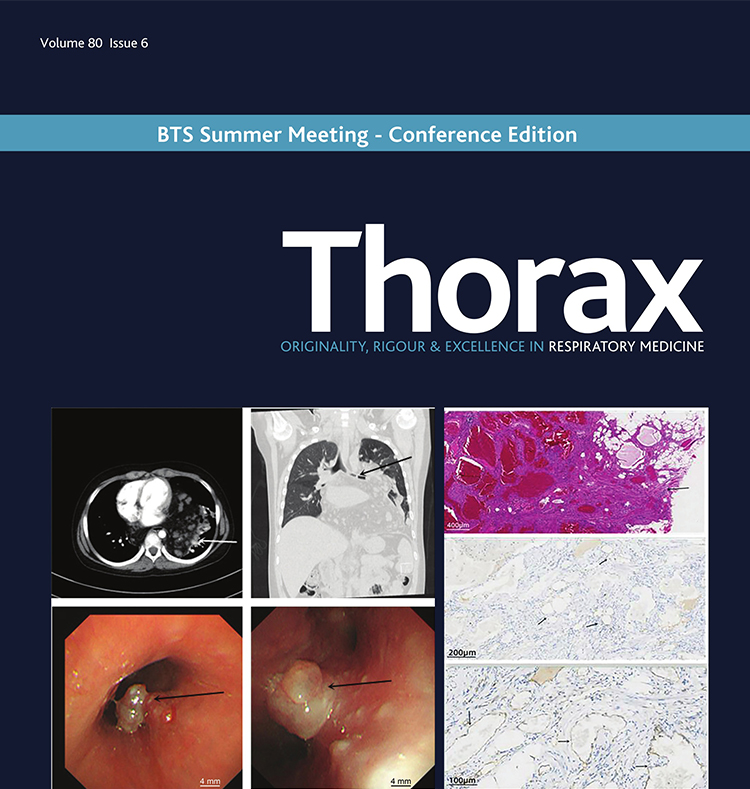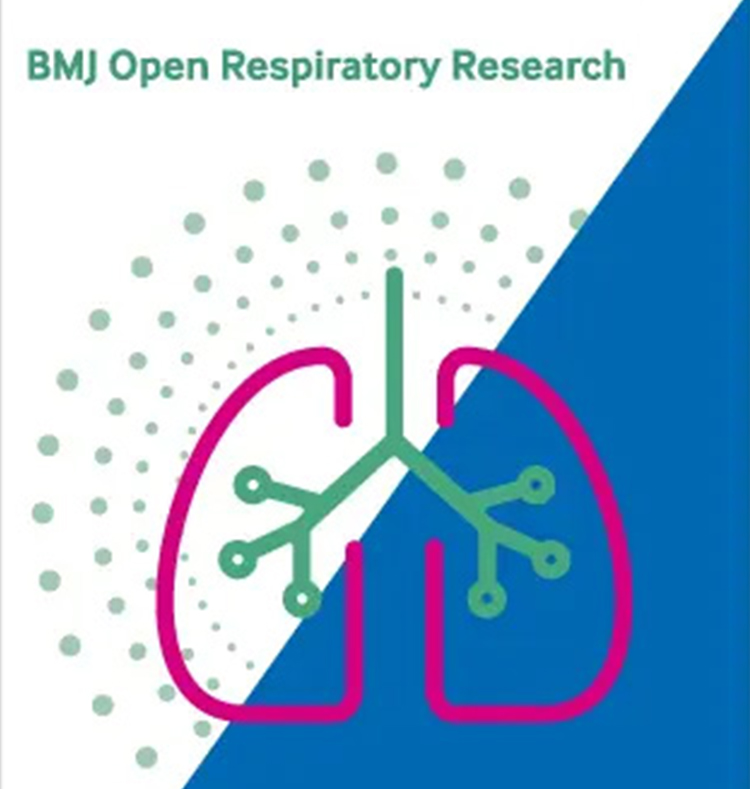“Winter pressure support begins in January; winter pressure starts long before that” (Survey response).
The survey, sent to 247 respiratory leads across the UK (with ca. 30% response rate), highlights that:
- The vast majority of respondents (73%) feel that respiratory healthcare staff shortages are impairing the ability of their local NHS organisation to cope effectively with the increase in emergency respiratory hospital admissions this Winter.
- More than half (57%) of respondents report that there are no extra staff available in their department.
- For 17%, the only additional support has been early career junior doctors.
- Only three respondents (4%) have received additional support at all levels of the specialty (consultants, registrars and early career junior doctors).
The survey showed some respiratory teams are coming up with alternative solutions to cope with the increased workload, but that in many cases they had was no choice but to cancel outpatient clinics, non-emergency procedures, teaching and training.
The survey also highlights the pressure on beds this Winter:
- 20% of respondents report that the additional beds opened to cope with winter pressures now never close.
- All respondents reported their trust had now opened additional beds, whether expanding into overflow wards or excess capacity beds, or simply they are still open since winter 2018/19.
Staffing pressures are a common theme throughout the survey, with many respondents (41%) providing detailed narratives of their staffing challenges, including struggling to recruit much needed additional staff.
Professor Jon Bennett, Chair of BTS, commented: “Opening extra beds for respiratory patients and trying to recruit extra staff only in the winter months is a strategy that might have worked in the past, but that is now failing the NHS year after year.
“What we are seeing are a mixture of mothballed wards being re-opened or wards already dedicated to other specialties being turned into "respiratory beds", staffed by non-respiratory specialist teams, with obvious repercussions for patients and the other hospital services.
“The struggle to provide quality care for respiratory patients in the winter is worsened by respiratory staff shortages; it’s already difficult to hire the staff hospitals need throughout the year, never mind finding an untapped, seasonal source of respiratory professionals for the winter months only.”
Vacancies exist across the workforce with physiotherapy and nursing mentioned specifically, as well as physicians. One respondent explained:
“Finding staff to meet additional demand in winter is a real challenge: the respiratory team has a busy inpatient load all year round and we can't really spare the staff to go and do winter pressures work” (Survey response).
These staff shortages are particularly concerning given the level of extra responsibility being thrust upon respiratory departments during increased Winter admissions:
- 46% of respondents said that the respiratory team look after 10 or more patients in beds outside their respiratory wards.
- A small percentage (5%) reported that the respiratory team is responsible for more than 40 patients in beds outside of respiratory wards.
Additional workload outside their ward was another issue that was highlighted in vivid detail by the respondents.
“Although our numbers [of patients outside of respiratory wards] are low at the moment, we are increasingly being used as General Internal Medicine experts to manage non-respiratory patients at the front door - especially as other specialties, such as Cardiology and Gastroenterology no longer contribute to the medical take. This has pulled us away from our more respiratory-focussed work in outpatients, on our respiratory ward and in day case theatres, putting more strain on our ability to provide core Respiratory services” (Survey response).
Professor Bennett continues: “We need to think of alternatives to just opening extra respiratory beds, and integrated care is one, where hospital specialists work with GPs in the community to manage patients with long term lung conditions, improve care and avoid hospitalisation.
“But we won’t be able to do so unless we address the issue at the source, which is that we need to train more respiratory specialists.”
Today’s survey shows that across the UK short-handed respiratory specialists are being pulled in multiple directions. Respiratory clinicians are called to respond to winter pressures by filling gaps in other departments across their hospitals when their own wards are already understaffed. This risks respiratory patients not getting the specialist care they need.
Ends
For more information and to arrange an interview, please contact Giorgio De Faveri Giorgio.defaveri@brit-thoracic.org.uk or Ruth Ellenby ruth.ellenby@brit-thoracic.org.uk, 0207083108778.
Notes to editors:
- The British Thoracic Society is the UK’s professional body of respiratory specialists. The Society seeks to improve standards of care for people who have respiratory diseases and to support and develop those who provide that care. A registered charity, it has about 3,700 members including doctors, nurses, respiratory physiotherapists, scientists and other professionals with a respiratory interest.
- The survey launched today was sent to the network of 247 BTS respiratory leads. These are respiratory healthcare professionals, connecting BTS with almost all of the NHS respiratory department in the UK. Not all hospitals and trusts have a respiratory department, some trusts may have more than one. 70 responses were received (28%). The survey does not include a regional breakdown. The results can be downloaded from this link.
- The release for the November 2019 winter pressures survey and additional BTS data on workforce can be found here: https://www.brit-thoracic.org.uk/about-us/pressmedia/2019/a-critical-shortage-of-lung-specialists-could-leave-the-nhs-struggling-to-cope-this-winter-new-study/
Of particular note is BTS workforce data from 2019 which shows that:
- In 2019, 50% of hospitals surveyed across UK had at least one vacant respiratory consultant post – an increase of 10% since 2015.
- Nearly half of respiratory nurses either plan to retire or are eligible for retirement within 10 years.
- There are a high number of lung services running on a limited physiology workforce, which is critical to delivering and interpreting diagnostic tests. 16% have only one qualified specialist and waiting times for lung function testing (and other tests) have increased since 2005.
The 2019 survey was covered in the media via an interview in the Guardian with BTS Chair, Prof. Jon Bennett: https://www.theguardian.com/society/2019/dec/02/nhs-winter-crisis-extra-beds-created-by-52-per-cent-of-uk-hospitals
London, London WC1N 2PL
 05/10/2023 15:03:46
British Thoracic Society
05/10/2023 15:03:46
British Thoracic Society







